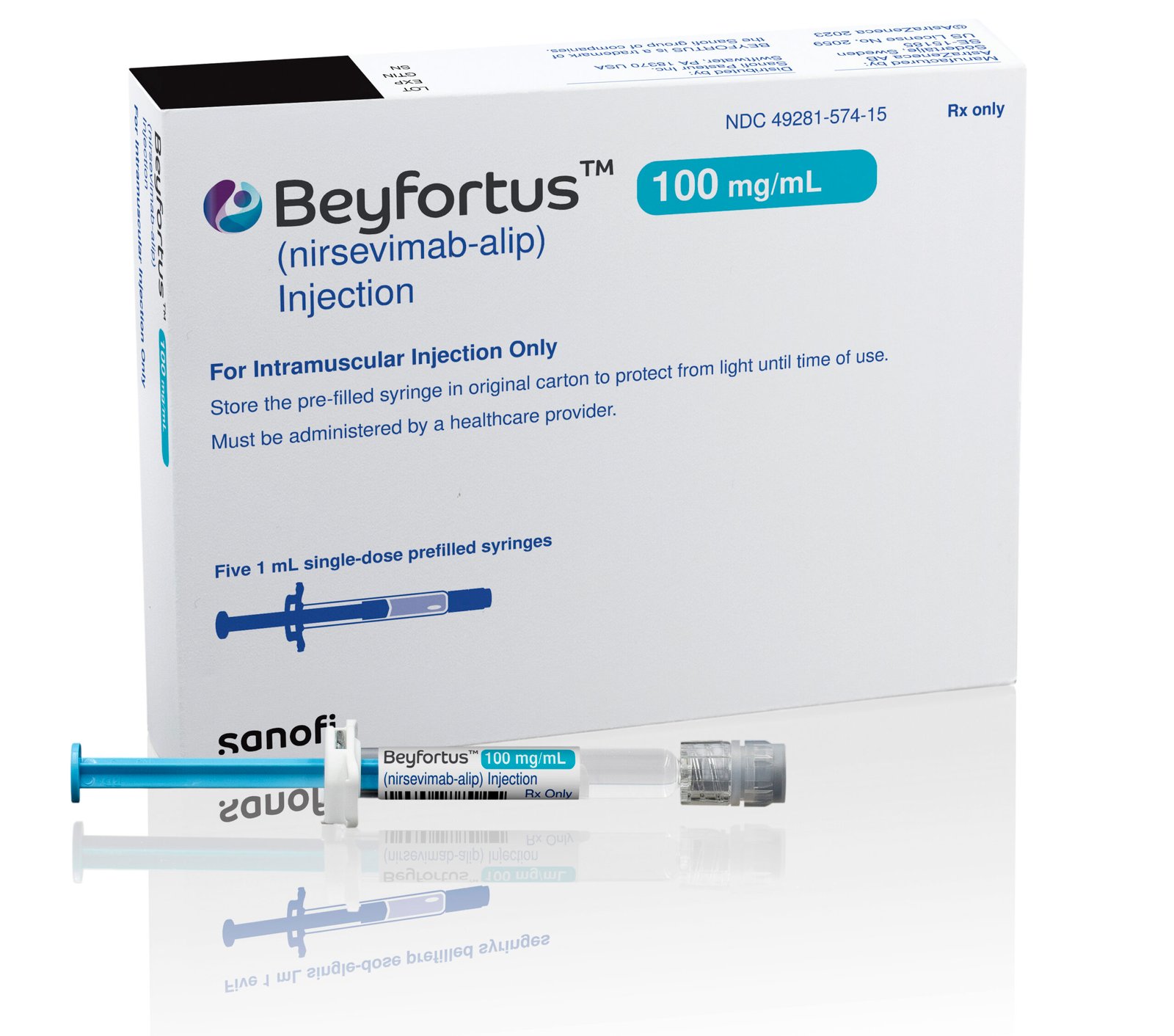A recent study reveals that Beyfortus, a novel monoclonal antibody approved by the Food and Drug Administration (FDA), has demonstrated significant efficacy in preventing severe respiratory syncytial virus (RSV) infections and hospitalizations in infants.
In a real-world study involving over 8,000 infants under 12 months, British researchers observed that infants who received Beyfortus were notably less likely to require hospitalization due to severe RSV infections. The results indicate that the antibody was nearly 90% effective in preventing hospitalization and approximately 76% effective in averting RSV-associated lower respiratory tract infections.
Developed by the collaboration of European pharmaceutical giants AstraZeneca and Sanofi, Beyfortus employs the active ingredient nirsevimab. While it was approved by the FDA in July, the Centers for Disease Control and Prevention (CDC) subsequently recommended the antibody for infants aged 19 months and younger.
Unlike traditional vaccines, nirsevimab is not considered an immunization but rather a monoclonal antibody treatment. It exposes infants to RSV proteins, preparing their bodies to effectively combat RSV infections.
Given that RSV can lead to severe infections, particularly in infants and older adults, Beyfortus presents a promising tool to mitigate illness during the typical RSV season, which occurs between fall and spring. The CDC estimates that RSV results in over 2 million outpatient visits for children under five annually, with up to 80,000 hospitalizations and 300 pediatric deaths.
However, despite the positive outlook, a shortage of Beyfortus has dampened enthusiasm. The CDC issued an advisory in October, indicating a limited supply throughout the 2023-2024 season. In response, plans were announced to expedite the release of an additional 77,000 doses to address the increasing demand.



